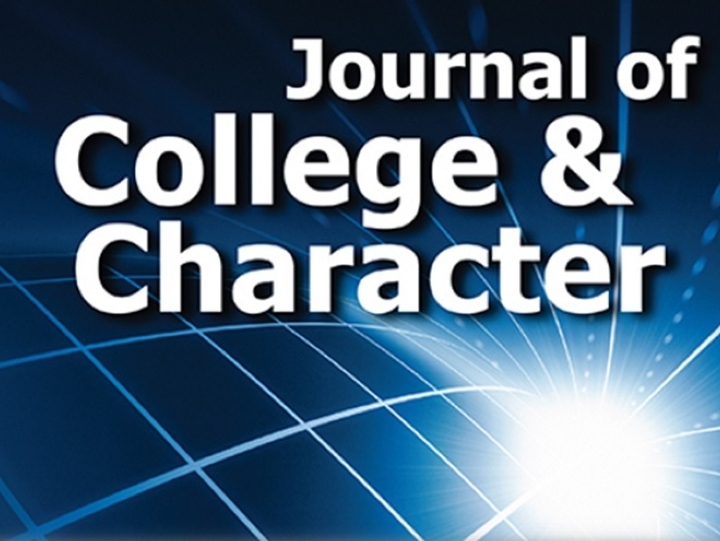
Questions Relating to Moral Development: JCC, February 2022
February 23, 2022
JCC Connextions, Volume 8, No. 1, February 2022
Here are some important questions relating to moral development that are explored in articles in the February 2022 issue (vol. 23, no. 1) of the Journal of College and Character:
1. What are some strategies that maintain and promote a culture of academic integrity?
Promoting Academic Integrity in Institutions of Higher Learning: What 30 Years of Research (1990-2020) in Australasia Has Taught Us
Carmela De Maio and Kathryn Dixon
The authors present an analysis of studies on academic integrity including those on contract cheating as an increasing area of concern in higher education. The authors divide the research according to the diverse stakeholders—students, faculty, staff, and institutions of 10 higher learning. Read the article.
2. What are two main virtues that should shape the development of academic integrity policies?
Justice and Consistency in Academic Integrity: Philosophical and Practical Considerations in Policy Making policies?
Christian Moriarty and Blaire Wilson
The authors recommend that two main virtues. justice and consistency, should inform the development of academic integrity policies in higher education and suggest ways to improve institutional policies through the lenses of these two overarching values. Read the article.
3. How effective are honor codes in creating and maintaining academic honesty?
What Has 30 Years of Research Taught Us About Honor Codes and Academic Integrity?
Holly E. Tatum
Honor codes appear to work by educating students about academic integrity and holding them accountable through social norms, expectations, attitudes, reminders, and clear policies for addressing academic misconduct. Read the article.
4. What has led to an increased focus on educating rather than punishing students who cheat?
Pivoting From Punitive Programs to Educational Experiences: Knowledge and Advice From Research
Courtney S. Cullen
The last 30 years has seen increased attention on policies that provide a process focused on educating students and reintegrating those who cheat into their institutions rather than punitive and permanent sanctions, such as expulsion. Read the article.
5. What specific challenges do international students face concerning academic conduct expectations?
International Students and Academic Misconduct: Considering Culture, Community, and Context
Ceceilia Parnther
International students experience unique challenges that place them at risk for academic 5 misconduct violations, including language, academic expectations, cultural differences, academic preparedness, and policy understanding. Academic misconduct issues can significantly risk student success, leaving international students especially susceptible to the academic, financial, and social consequences of an academic misconduct violation. Read the article.
6. How can policies better assist multilingual learners to avoid plagiarism?
Bringing Language Diversity Into Integrity Research—What, Why, and How
Greer A. Murphy
Murphy makes the case that by shifting the vocabulary, methods, and scope of our work, we scholar-practitioners and integrity professionals become better able to equitably support multilingual learners in their writing from sources and avoiding unintentional plagiarism. It makes the case that doing so is more than a desirable goal—it is an achievable one.Read the article.